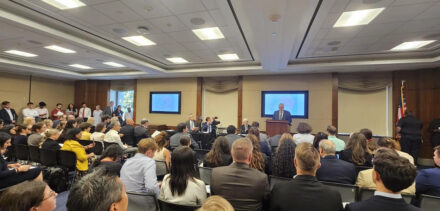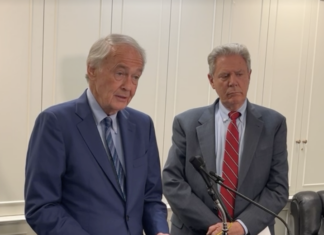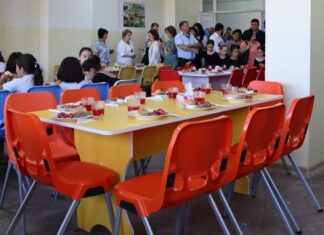DETROIT — Dr. Antranig Chalabian, the author of several volumes of Armenian history, died on April 12, at his home in Southfield. He was 89.
Born in Kessab, Syria, he was predeceased by his wife, Siran.
He leaves his children, Annie (and Tom) Hoglind, Dr. Jack and Gayle Chelebian and Karine and Hovsep Koundakjian, as well as eight grandchildren and one great-grandchild.
Chalabian wrote several volumes on Armenian history and historical figures, which went on to sell well. He is best known for his biography of General Antranik.
After graduating from the local Armenian Evangelical School, he studied at Aleppo College and graduated in 1944. He taught in his former school in Kessab for one year. Then he returned to Aleppo College where he taught English and arithmetic to the middle school classes from 1944 to 1949.
In the summer of 1949, Chalabian moved to Beirut, where his family had settled in 1945. He taught English for one year at the AGBU Hovagimian-Manoogian High School. Then he took a position in the physiology department of the American University of Beirut, where he remained for 27 years. During his last 14 years there, he worked as a free-lance medical illustrator, illustrating almost entirely three medical books and thousands of research papers. Meanwhile he contributed articles to the city’s Djanasser, Spiurk and Nayiri papers.







